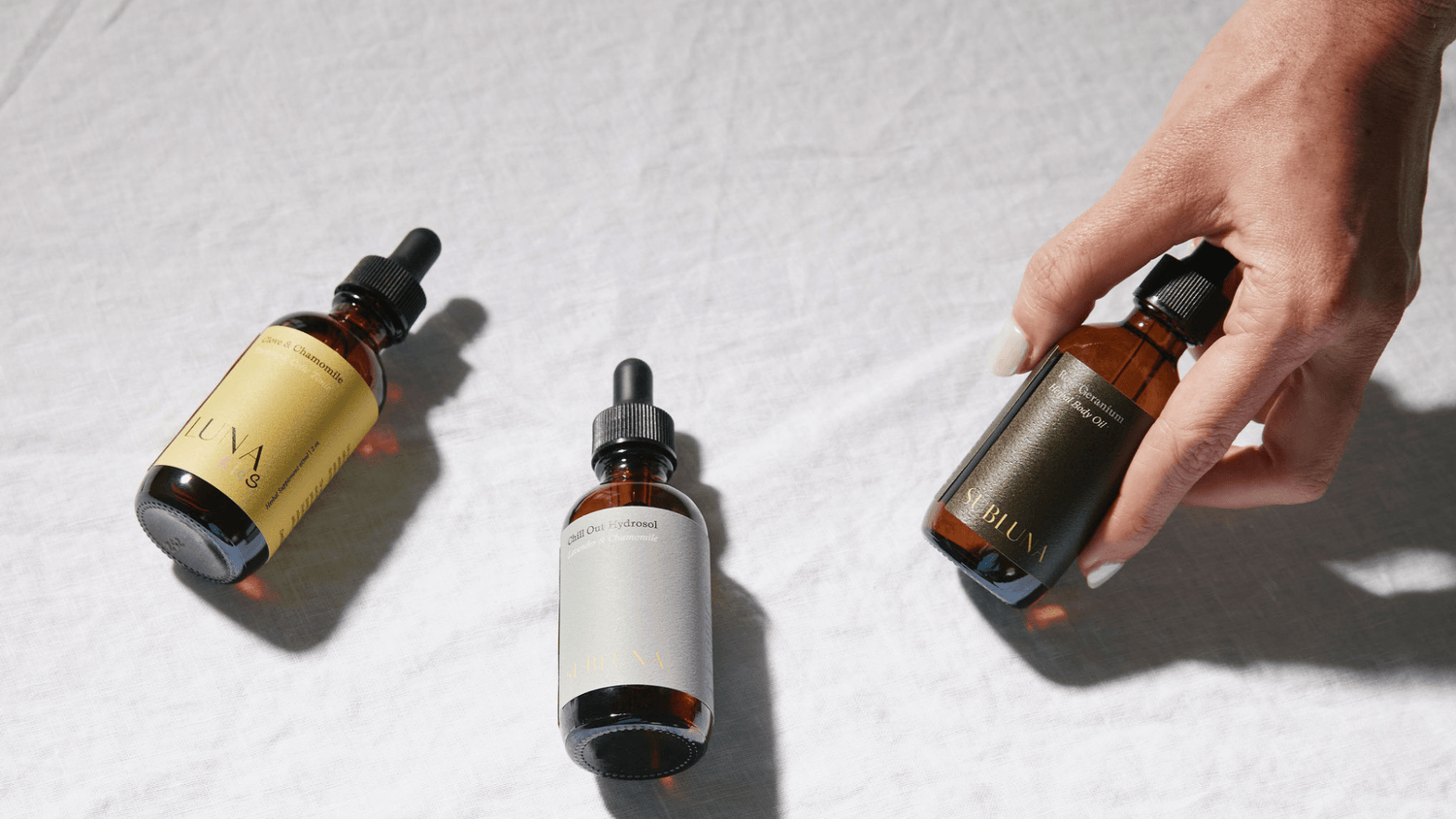Building a Resilient Microbiome
As parents, we want to do everything possible to support our babies’ health from birth through their early years. One of the most critical foundations is their microbiome—the community of bacteria living in the gut, skin, and body. A resilient microbiome, developed from day one, influences long-term health, immune strength, and even emotional well-being.
Benefits of a Robust Microbiome:
- Calmer, happier babies
- Reduced colic and reflux
- Shorter tantrums in toddlerhood
- Lower risk of allergies, eczema, and food sensitivities
- Faster recovery from illness and a stronger immune system
- Better regulation of emotions and behaviors
Let’s explore how the microbiome develops from pregnancy to toddlerhood and how you can support it with practical steps for lifelong resilience.
The Vaginal Microbiome: More Than a Strep B Test
Many expectant mothers hear about the vaginal microbiome during the Group B Strep (GBS) test in late pregnancy, but its role goes far beyond this screening. During pregnancy, the vaginal microbiome simplifies, increasing beneficial bacteria like Lactobacillus and Bifidobacterium, which prepare the body for childbirth and begin colonizing the baby’s gut during vaginal birth.
Tips for Supporting a Healthy Vaginal Microbiome:
- Plain Yogurt Vaginally: Introduces beneficial bacteria directly.
- Prenatal Probiotics Orally & Vaginally: Nourishes the microbiome with essential strains.
- Apple Cider Vinegar Baths: Helps balance vaginal pH.
Maintaining a balanced microbiome not only reduces GBS risk but also sets the stage for your baby’s gut health after birth.
Microbiome Transfer During Birth
As the baby passes through the vaginal canal, beneficial bacteria from the mother’s microbiome colonize their gut. Within two hours, a “seal” forms, locking in these bacteria and establishing the baby’s initial microbiome. This microbial environment supports healthy digestion and immunity in the first months of life.
Babies born via C-section or exposed to antibiotics during birth may benefit from probiotics to help establish a healthy gut microbiota.
Infant Probiotics: A Key Tool for Gut Health
Probiotics can play a crucial role for babies who missed vaginal birth or had early antibiotic exposure. They help balance the gut, improve digestion, and support immunity.
Recommended Strains:
- Lactobacillus reuteri: Reduces colic symptoms and supports digestive balance.
- Bifidobacterium infantis: Essential for breastfed infants, aiding digestion and immunity.
Probiotics are most effective when introduced shortly after birth, helping to lay the foundation for a calm, resilient baby.
The First 100 Days: Establishing Gut Resilience
The first 100 days of life are critical for microbiome development. Breastfeeding provides nutrients, prebiotics, and beneficial bacteria that foster a diverse microbiome. This early colonization shapes immune function and overall health for years to come.
Introducing Solids: Supporting a Maturing Gut
When introducing solids, choose nutrient-dense foods that nourish the gut and support microbiome development:
- Meat stock (not bone broth)
- Collagen-rich meats (e.g., oxtail, marrow)
- Egg yolks
- Liver
- Fermented vegetables
These foods encourage a healthy gut and contribute to a robust microbiome.
The Two-Year Mark: Setting Lifelong Health
By age two, your child’s microbiome reaches a critical milestone. Influenced by diet, environmental exposure, and breastfeeding, this microbiome serves as the foundation for lifelong health. Introducing diverse foods and encouraging time in nature can help strengthen and diversify gut bacteria, reducing risks for allergies, obesity, and autoimmune conditions.
The Role of Nature in Gut Health
Time outdoors introduces beneficial bacterial strains that can’t be obtained through diet or probiotics alone. Playing in dirt, exploring natural environments, and connecting with nature help diversify the gut microbiota and build resilience.
Probiotics: A Tool, Not a Long-Term Solution
While probiotics are helpful during times of low resilience or illness, long-term daily use can reduce microbiome diversity. Instead, focus on diverse foods, environmental exposure, and gut-supportive practices for long-term health.
Building a resilient microbiome starts in pregnancy and continues through infancy and toddlerhood. By nurturing the vaginal microbiome, introducing probiotics when needed, offering nutrient-rich foods, and encouraging time in nature, you’re laying the foundation for your child’s health, immunity, and resilience.
A healthy microbiome is one of the greatest gifts you can give your child, ensuring they grow into a thriving, resilient individual.



